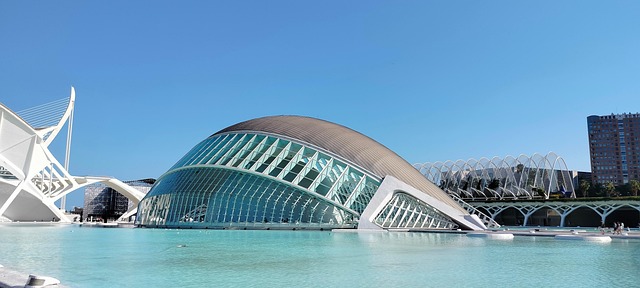The world is evolving at an unprecedented pace, and the intersection of politics and technology is at the forefront of this change. As we delve into the realm of immersive politics, we uncover a transformative landscape that reshapes how we engage with governance, civic duty, and societal issues. This immersion allows us not just to observe but to participate in the political process in ways that were previously unimaginable.
Imagine donning a virtual reality headset and stepping inside the halls of a legislative chamber, where crucial debates are taking place. You can feel the energy in the room, hear the passionate arguments of representatives, and witness firsthand the intricacies of the decision-making process. This isn’t just a futuristic dream; it’s a tantalizing glimpse into how technology can create a deeper understanding of political systems.
The rise of immersive technologies such as virtual reality (VR), augmented reality (AR), and even social media platforms has given citizens the tools to engage with political matters more actively. No longer are we passive consumers of information; we can now immerse ourselves in simulations that demonstrate the ripple effects of legislative decisions or participate in virtual town halls where our voices are heard.
In this era of immersive politics, the way we perceive issues like climate change, social justice, and economic policy is enriched by technology. Interactive experiences allow us to visualize the consequences of our choices, making the stakes of political action far more tangible. For instance, through immersive storytelling, creators are developing simulations that illustrate the impacts of environmental degradation, prompting a sense of urgency and responsibility in audiences.
Furthermore, technology has democratized information dissemination. Individuals can now create and share their own immersive content, bypassing traditional media gatekeepers. This empowers grassroots movements, allowing diverse voices to emerge and fostering a more inclusive political dialogue. The immersive nature of technology encourages empathy, helping us to walk in someone else’s shoes, thus broadening our understanding of different perspectives and challenges faced by various communities.
However, the rise of immersive politics does come with its own set of challenges. The risk of misinformation looms large in digital spaces, where deepfakes and alternate realities can distort our perception of truth. As we navigate this new landscape, it becomes imperative to cultivate critical thinking skills, ensuring that our immersion into politics fosters informed opinions rather than echo chambers.
The synthesis of politics and technology creates opportunities to engage in meaningful conversations, enabling a collective approach to problem-solving. By immersing ourselves in diverse narratives and experiences, we can build a more equitable society, where every voice has a chance to resonate. The future of governance is not simply about who holds power; it’s about how we harness technology to construct a richer, more engaged civic life.
As we explore the depths of immersive politics, let us embrace the multitude of tools at our disposal. The potential for growth, understanding, and change is limitless when we dive deep, engage together, and shape the political landscape of tomorrow.




